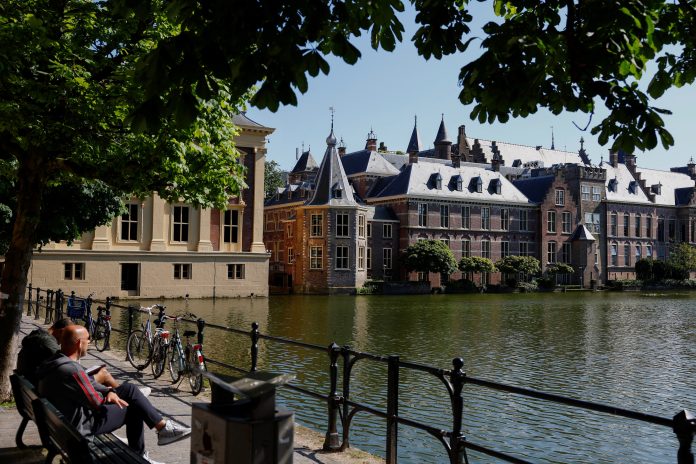The Dutch Electoral Council has named October 29 as the earliest realistic date for parliamentary elections, local media reported on Friday.
Earlier, the country’s House of Representatives unanimously voted in favour of holding elections as soon as possible. Elections in the Netherlands are usually held 75 days after the dissolution of the House of Representatives. However, no announcement has yet been made regarding its dissolution.
On June 3, Prime Minister Dick Schoof said that the Dutch government would resign after the Party for Freedom (PVV) left the ruling coalition. PVV leader Geert Wilders announced his party’s withdrawal from the ruling coalition on the morning of June 3.
The reason was disagreements with coalition partners on migration issues. Wilders insisted on closing the borders to asylum seekers, temporarily suspending the reunification of migrant families and returning asylum seekers to Syria. Meanwhile, coalition partners proposed adjustments to the programme.
The political landscape in the Netherlands is extremely fragmented: no single party has an absolute majority, and it often takes months to form coalitions. The possible rise to power of the Party for Freedom would be a serious blow to EU unity. Wilders has already announced his intention to block new aid packages for Ukraine and review relations with Brussels.
Experts note that the outcome of the Dutch elections will be an important test of the strength of European unity. If Wilders wins, the Netherlands could join Hungary and Slovakia in forming a powerful opposition to Brussels’ current course within the EU.
